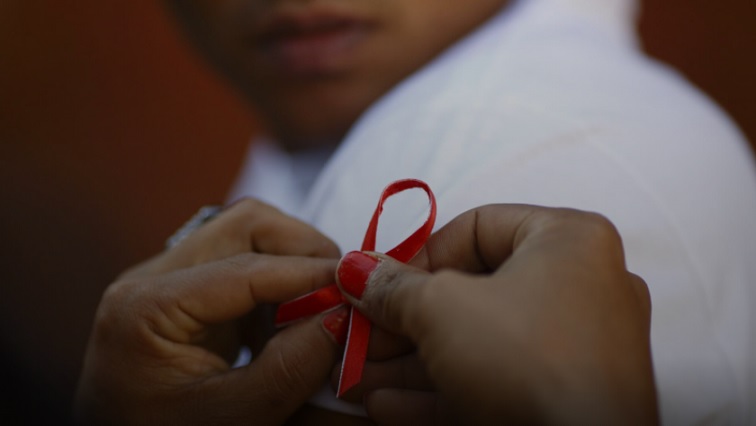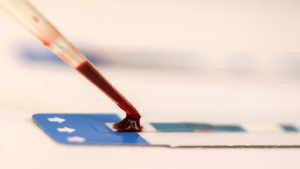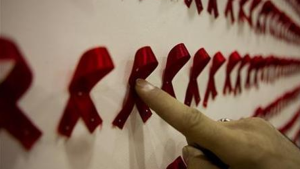The United Nations Children’s’ Fund (UNICEF) says 85% of women now have access to ARV treatment compared to 25 years ago. However, Unicef says children living with HIV are facing difficulties in accessing HIV-related health services. They have released their annual global HIV and AIDS Statistical Update in Johannesburg.
Unicef says last year, there were 2.8 million children, aged 0-19, years living with HIV. While adolescents, aged between 10-19, which constitute 63% of all children living with HIV.
Saharan Africa bears the most burden of HIV at over 85%.
Associate Director and Chief of HIV/AIDS at Unicef, Dr Chewe Luo says 15% of children living with HIV/Aids died last year due to a lack of access to treatment.
“Our recommendation is that children that are exposed to HIV because their parents are living with HIV should be tested at about 6 to 8 weeks. We saw major declines in access to treatments and we know for children this is not acceptable. 30% of children will die this year if they are not treated and 50% by year 2022,” says Chewe.
Dr Lou says most of these infections are from mother to child transmission.
“A lot of these children that are living with HIV that are adolescent, are transitioning from childhood to adolescent having acquired infection from mother to child transmission. We have also quiet a significant number of children who are getting an infection during adolescent and it’s more girls than boys,” says Lou.
UNICEF’s statistical update on HIV/Aids for children, adolescents and pregnant women: Dr Chewe Luo:
COVID-19 pandemic has hindered efforts in the fight against HIV/AIDS
She says the COVID-19 pandemic has also hindered efforts in the fight against HIV/AIDS.
“Due to various lockdowns, many could not test or circumcise. We have communication links with populations living with HIV and they organized themselves very quickly, they will be able to support each other to ensure they have access to treatment. We used SMS treatment to ensure that people living with HIV were included,” says Lou.
Unicef has called on governments to do more to ensure children and adolescents have access to health services.






